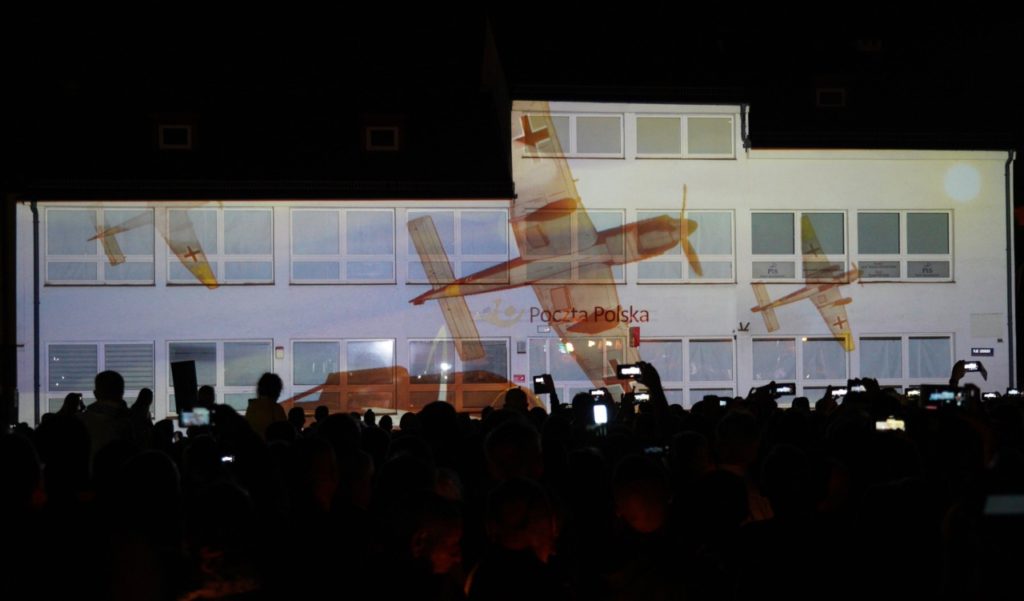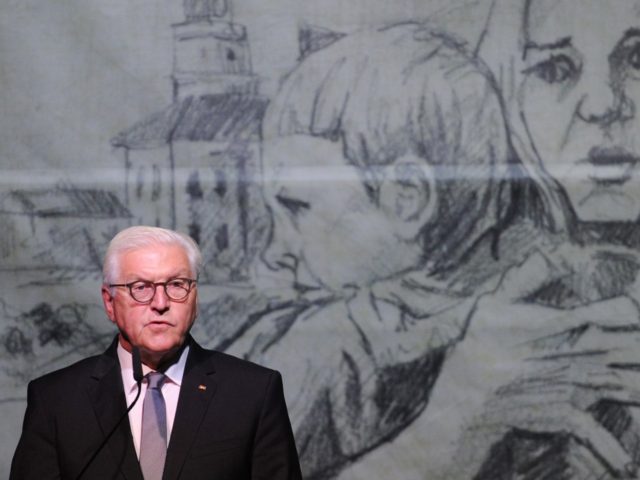German President Frank-Walter Steinmeier asked Poles for forgiveness on Sunday for German atrocities committed during World War II, during a speech in Wielun, the first city to be bombarded by Luftwaffe in 1939.
Steinmeier, alongside a number of heads of state and government, arrived in Poland to commemorate the 80th anniversary of the outbreak of WWII.
“I pay tribute to the victims of the attack on Wielun. I pay tribute to the Polish victims of German tyranny and I ask for forgiveness,” Steinmeier said, in German and in Polish.
Before dawn on September 1, 1939, the German Luftwaffe bombarded the sleeping defenceless city with no military significance. Some 1,200 people died in the bombings.
The first bombs were dropped on the town hospital, marked on its roof with a red cross. Some 75 per cent of the city centre was destroyed.
Poland went on to suffer some of the worst horrors of World War II: nearly six million Poles died in the conflict that killed more than 50 million people overall.

Residents of Wielun watch a screening off bombing the town on September 1, 1939 during a ceremony marking the 80th anniversary of the outbreak of the World War II, in Wielun on September 1, 2019. – German President Frank-Walter Steinmeier on September 1, 2019 asked Poland’s forgiveness for history’s bloodiest conflict during a ceremony in the Polish city of Wielun, where the first World War II bombs fell 80 years ago. (ALIK KEPLICZ/AFP/Getty Images)
That figure includes the six million Jews who died in the Holocaust, half of them Polish.
Polish President Andrzej Duda for his part denounced Nazi Germany’s attack on Poland, calling it “an act of barbarity” and “a war crime.”
“I am convinced that this ceremony will go down in the history of Polish-German friendship,” he added, thanking Steinmeier for his presence.
Polish Prime Minister Mateusz Morawiecki meanwhile attended a separate dawn remembrance Sunday in Westerplatte, where a Nazi German battleship opened fire on a Polish fort on September 1, 1939.
Hitler’s attacks on Poland led Britain and France to declare war on Nazi Germany. On September 17, the Soviet Union in turn invaded Poland.
After the Nazis tore up the pact with Moscow, two alliances battled it out to the end: the Axis powers led by Germany, Italy and Japan and the victorious Allied forces led by Britain, the Soviet Union and the United States.
Later Sunday, U.S. Vice President Mike Pence, Steinmeier and Duda will deliver speeches at a ceremony in Warsaw’s Pilsudski Square, the site of the Tomb of the Unknown Soldier.
AFP contributed to this story

COMMENTS
Please let us know if you're having issues with commenting.